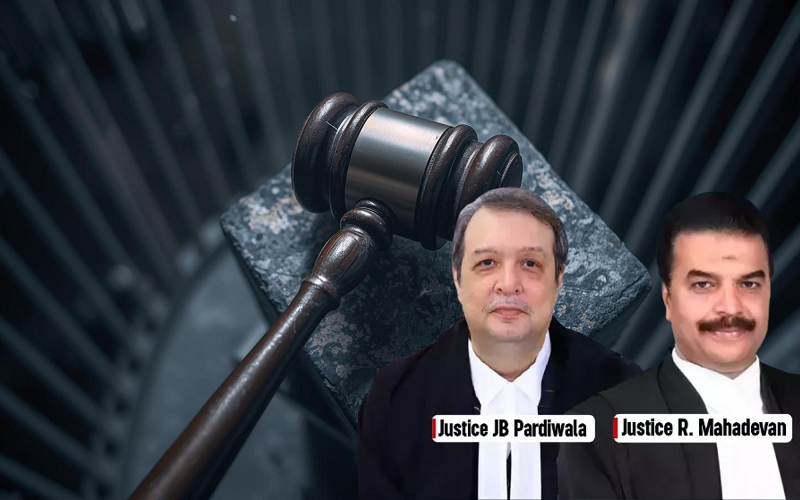The Supreme Court of India's recent ruling in the case of L. Muruganantham v. State of Tamil Nadu marks a significant step towards ensuring the rights and dignity of prisoners with disabilities. This landmark judgment emphasizes the need for systemic reforms in prisons across Tamil Nadu and highlights the importance of aligning domestic policies with international obligations under the United Nations Convention on the Rights of Persons with Disabilities (UNCRPD).
Background of the Case
The appellant, L. Muruganantham, a physically challenged individual suffering from Becker Muscular Dystrophy and autism, was falsely implicated in a criminal case due to a civil dispute involving his family. Despite his severe disabilities, Muruganantham was arrested, harassed, and incarcerated under inadequate conditions that further deteriorated his health. His complaint to the State Human Rights Commission (SHRC) led to a recommendation for compensation and a call for prison reforms, which was further challenged in the High Court and subsequently in the Supreme Court.
Key Directives Issued by the Supreme Court
- 1. Identification and Accommodation: The Court mandated that prison authorities promptly identify prisoners with disabilities at the time of admission and provide information in accessible formats. This includes ensuring universal accessibility within prison facilities, including wheelchair-friendly spaces, accessible toilets, and sensory-safe environments.
- 2. Healthcare and Nutrition: Prisons must provide healthcare equivalent to that available in the community, including physiotherapy, psychotherapy, and access to assistive devices. A nutritious and medically appropriate diet tailored to individual health needs is also required.
- 3. Training and Sensitization: Comprehensive training for prison staff on the rights of persons with disabilities is crucial. This includes understanding equality and non-discrimination principles and addressing disability-related challenges appropriately.
- 4. Periodic Audits and Compliance: A state-level access audit of all prisons must be conducted within six months, followed by regular updates. The Prison Manual must be amended to conform with the Rights of Persons with Disabilities Act, 2016, and the UNCRPD, prohibiting discrimination and promoting equal treatment.
- 5. Monitoring and Data Management: The State must maintain and update disaggregated data on the disability status of prisoners, ensuring transparency and compliance with international standards. A monitoring committee is to oversee periodic inspections and report compliance every three months.
- 6. Compensation and Accountability: The judgment enhanced compensation for the appellant's human rights violations from Rs. 1,00,000 to Rs. 5,00,000, emphasizing the need for accountability and systemic reforms to prevent future violations.
Implications for Prison Reform
This judgment underscores the urgent need for disability-sensitive infrastructure and policies in Indian prisons. By directing comprehensive reforms, the Supreme Court aims to ensure that prisoners with disabilities are treated with dignity and provided with the necessary accommodations to live healthily and safely within the prison system. The ruling also aligns with global human rights standards, reinforcing India's commitment to upholding the rights of individuals with disabilities.
Conclusion
The Supreme Court's directives not only address the immediate grievances of the appellant but also set a precedent for broader prison reforms in India. By mandating structural changes and ensuring compliance with national and international legal frameworks, this judgment paves the way for a more inclusive and humane criminal justice system.
L. Muruganantham v. State of Tamil Nadu, (SC) : Law Finder Doc Id # 2750837




